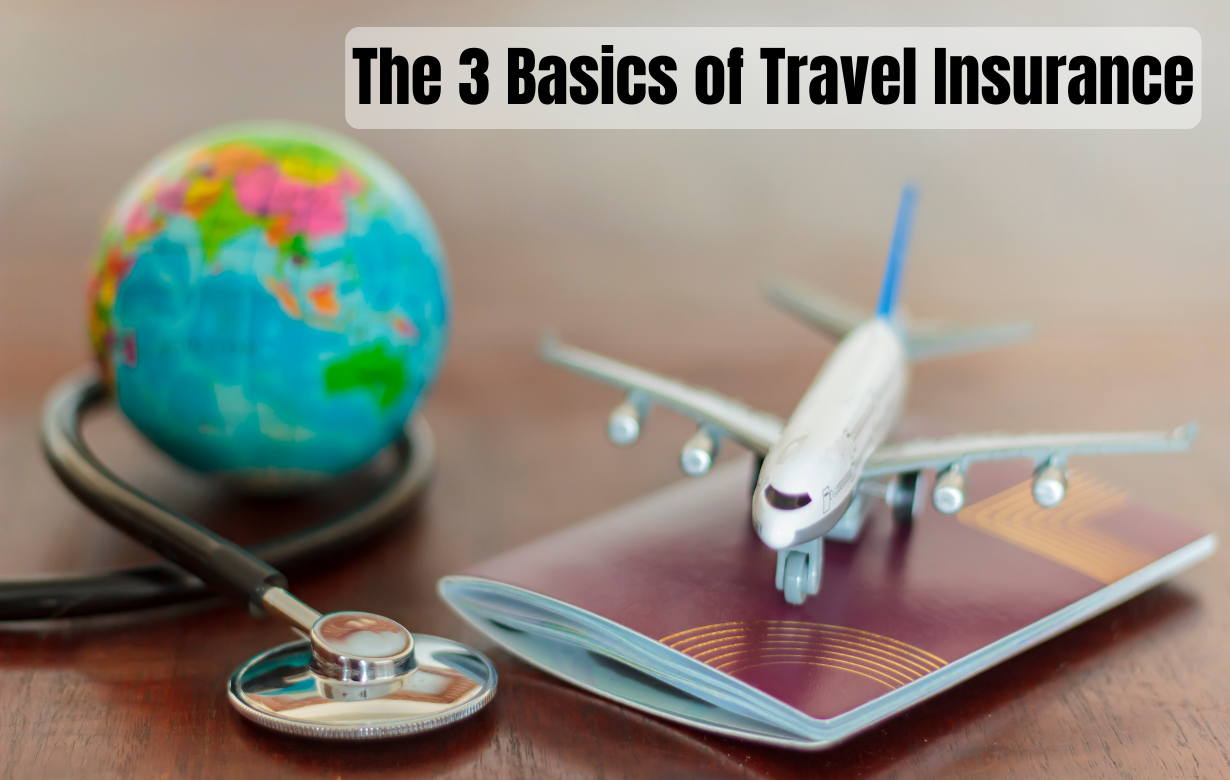The 3 Basics of Travel Insurance
 |
| The 3 Basics of Travel Insurance |
The insurance business is driven by the fundamental tenet that life is full of unforeseen occurrences. One cannot accurately predict what will occur next year, next month, or even tomorrow. A travel insurance policy is highly recommended for regular travelers, whose lives are inherently riskier. It will leave at least something for oneself, one's family, and loved ones in the event of misfortune.
A person may be hesitant to get travel insurance because he believes it is a waste of money that might be spent on something more urgent or necessary. However, we can never really predict the future, so it is prudent to get insured. Accidents, trip cancellations, and lost baggage are instances in which travel insurance coverage may be of great assistance. Obtaining travel insurance should be the first step when planning a vacation.
1. Policies for Travel Insurance
People who are worried about the events that may occur during a vacation should get travel insurance. It is not an indication of paranoia, but rather the realization that one has no control over his life or the events that may occur.
2. Package
Typically, travel insurance policies are intended to cover single journeys. This form of insurance coverage is appropriate for tours, cruises, air travel, and vacation home rentals, regardless of whether the journey is for work or pleasure.
These travel insurance packages are often pre-bundled by insurance providers and include coverage for trip cancellation, flight interruption, travel delays, lost luggage and personal goods, delayed baggage, emergency evacuation, traveler assistance, and medical expenses. There is also optional insurance that covers accidental fatalities.
These packages are often graded based on three factors: the applicant's age, the cost of the trip, and the length of the vacation.
3. Medical
Plans for travel insurance may also be tailored to cover medical expenditures incurred during a vacation. There are other group health insurance policies that groups may use. However, the majority of accessible insurance policies only cover medical expenses incurred during journeys inside the "covered zones." Prior to purchasing medical travel insurance coverage, it is important to be able to question the insurance provider about these matters.
4. Death by accident while flying
Numerous insurance companies include accidental flight death insurance in their plans. Occasionally, they provide it as an alternative.
The following are some ideas for acquiring excellent and adequate travel insurance plans for your excursions.
1. Check your current insurance coverage before purchasing a new travel insurance policy. It would be wasteful to pay for something that is already covered by an existing policy.
2. Determine the best type of insurance for your trip. Obtaining travel insurance is very dependent on the circumstances of the trip as well as other criteria such as one's age and health.
3. Comprehend the policy. One must determine if the policy covers overseas coverage, emergency evacuation, accidental death, repatriation, and family travel insurance.
These are some suggestions for acquiring travel insurance. The idea is that life is unpredictable, and it is preferable to carry travel insurance. Travel insurance is an absolute must.
